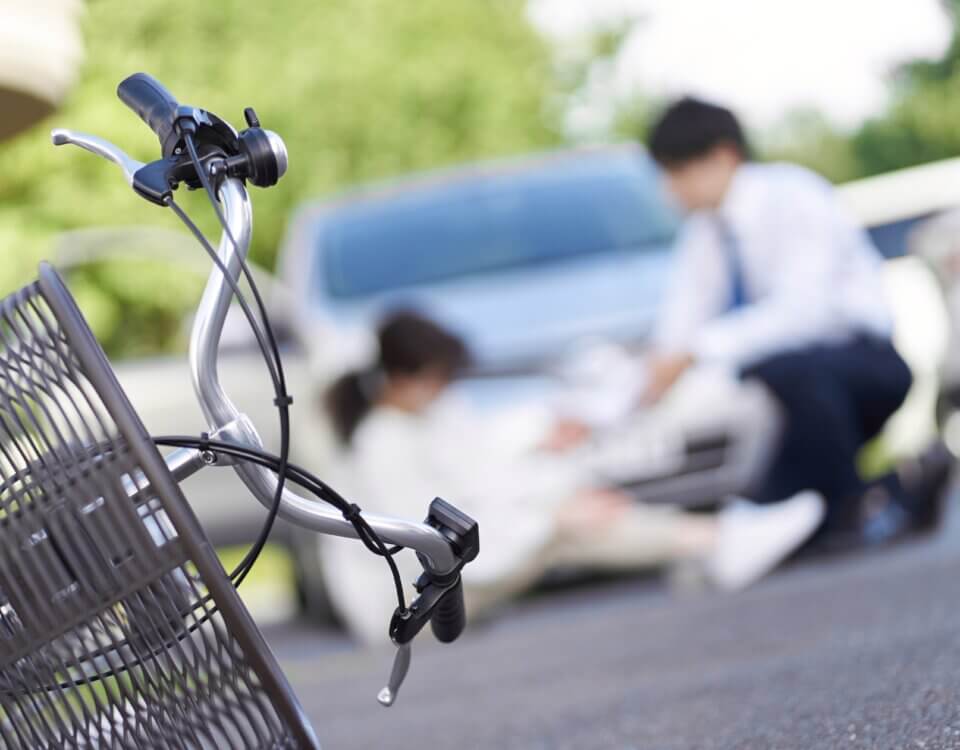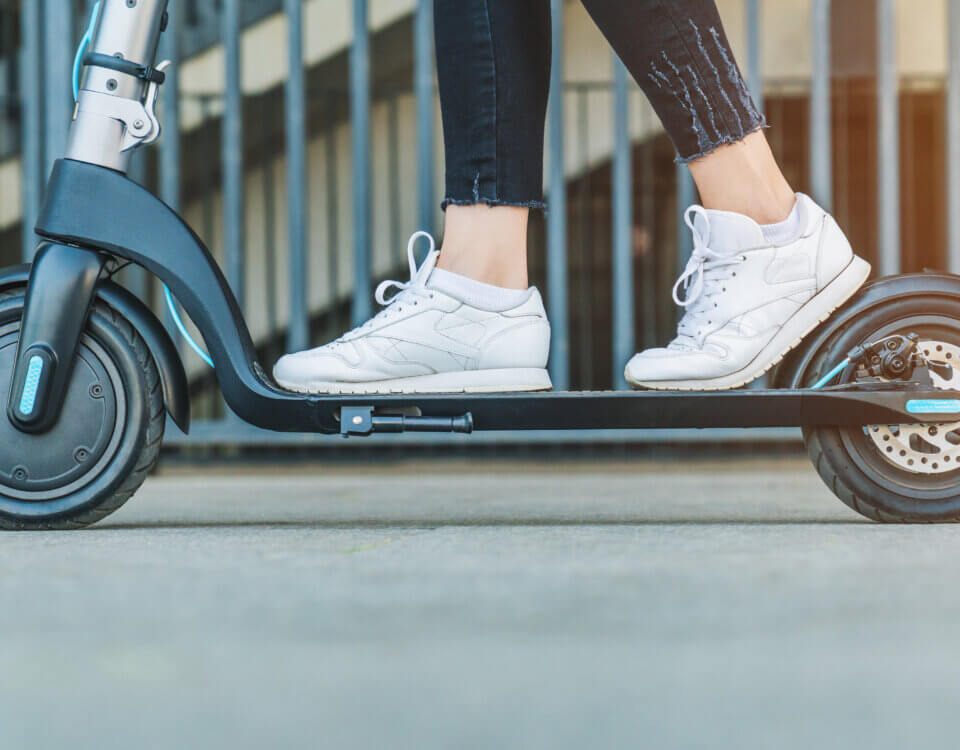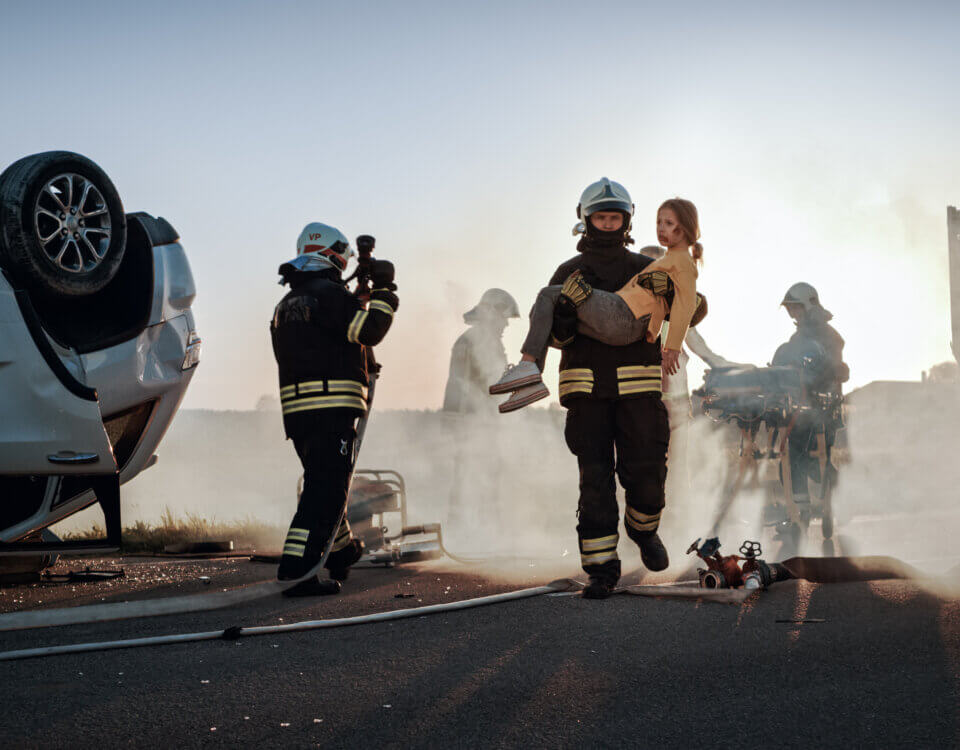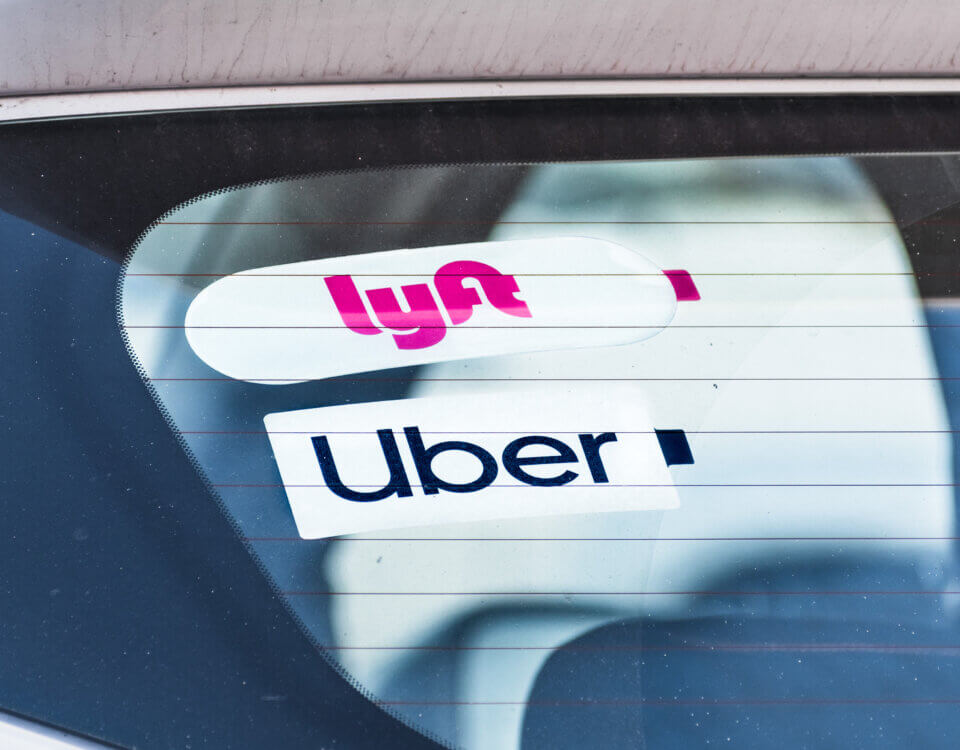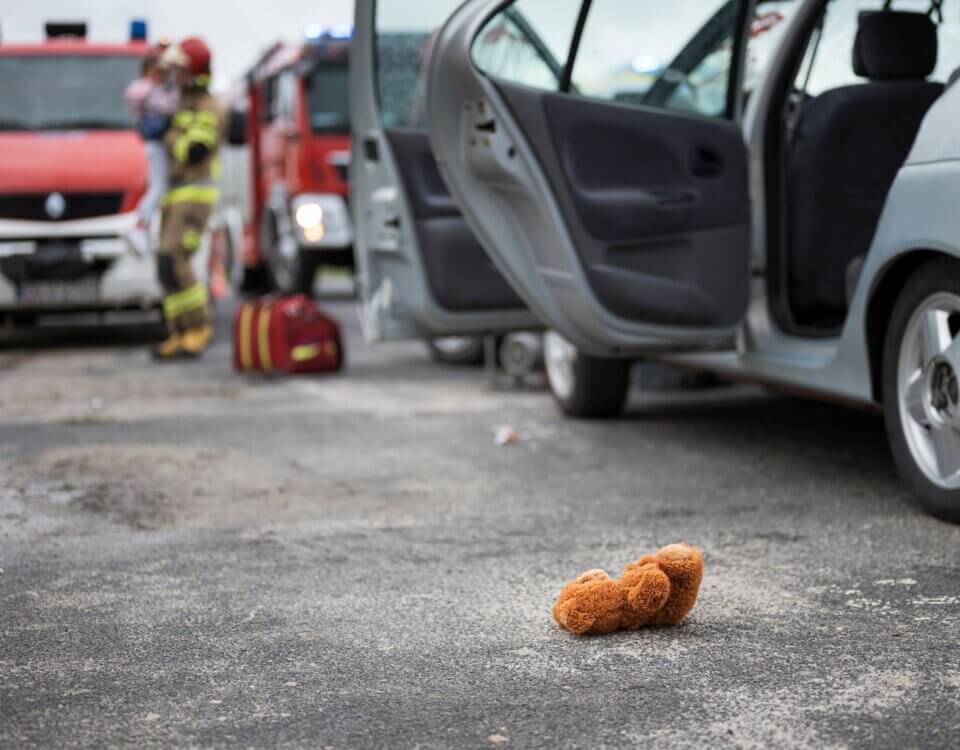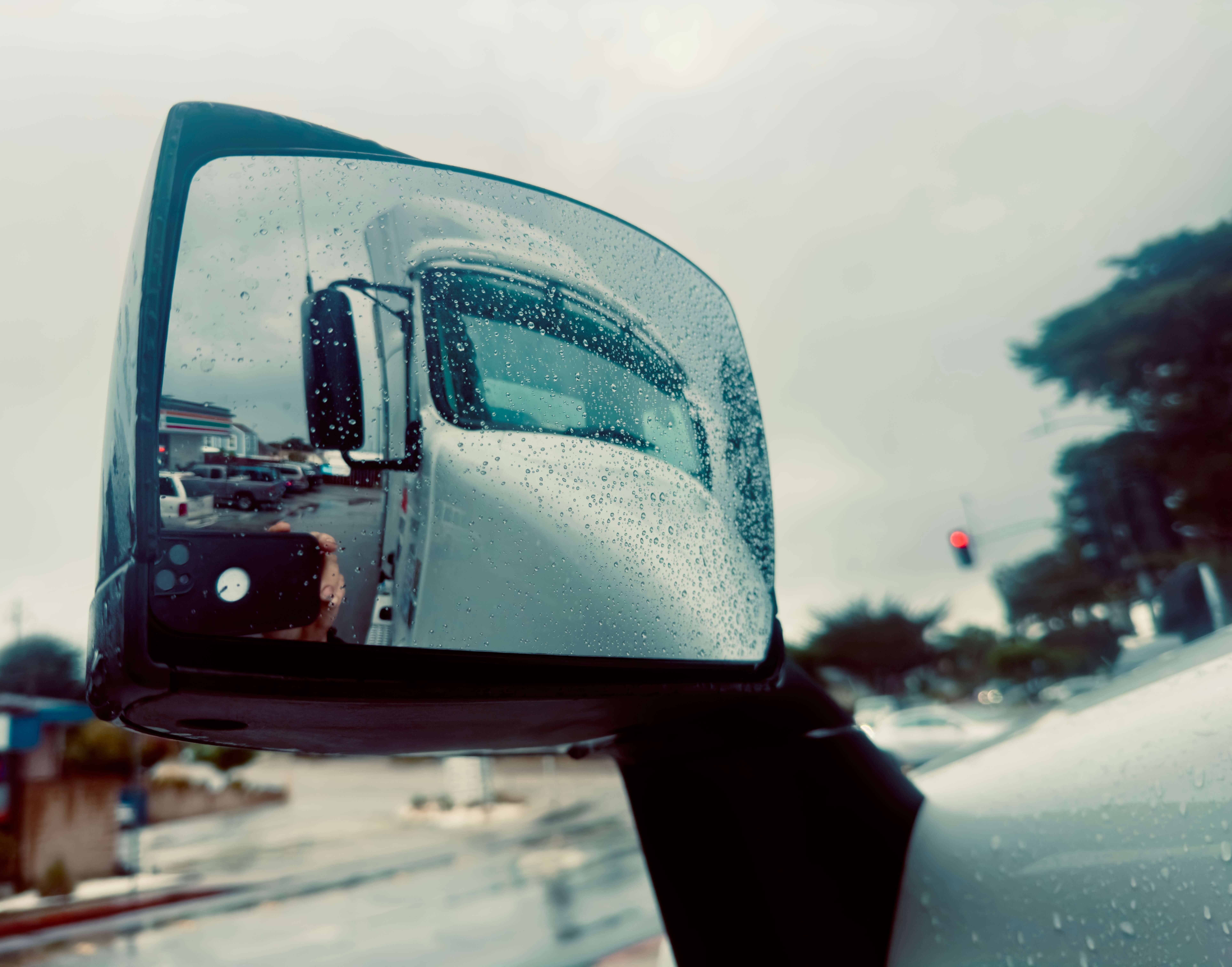If you’ve been injured in an accident that leads to a criminal investigation, it’s natural to wonder how that might impact your personal injury claim. Whether the incident involved drunk driving, assault, or another form of misconduct, the criminal case may run parallel to your civil lawsuit but they serve very different purposes.
At Hillstone Law, we help injured clients understand how criminal charges against a defendant may (or may not) influence their right to pursue compensation. Here’s what you need to know when your injury case overlaps with a criminal matter in California.
What’s the Difference Between Criminal and Civil Cases?
In California:
- A criminal case involves a violation of the law prosecuted by the state (usually through the district attorney or city attorney).
- A civil personal injury case is filed by you, the victim, to recover financial compensation for damages caused by someone else’s negligence or wrongful conduct.
Examples of criminal behavior that may result in a personal injury claim:
- Drunk or drug-impaired driving
- Hit-and-run accidents
- Assault or battery
- Reckless driving
- Street racing
The criminal court focuses on punishing the offender and protecting public safety. The civil court, by contrast, is focused on compensating the victim for their physical, emotional, and financial losses.
Burden of Proof: Civil vs. Criminal
The legal standards are different in each type of case:
- Criminal case: The prosecution must prove the defendant’s guilt beyond a reasonable doubt a very high standard.
- Civil case: You only need to prove your case by a preponderance of the evidence, which means it’s more likely than not that the defendant’s actions caused your injuries.
Because the burden of proof is lower in civil cases, it’s entirely possible to win a personal injury lawsuit even if the defendant is not convicted in the criminal case.
Can You Still File a Personal Injury Claim if Criminal Charges Are Filed?
Yes. A criminal prosecution does not prevent you from filing a civil lawsuit. In fact, both cases can proceed simultaneously, although the civil case usually follows the criminal one.
Statements made by the defendant in the criminal case such as an admission of guilt can sometimes be used in the civil case to help prove liability. Even a no-contest plea in criminal court may support your injury claim, since it carries the same legal weight as a guilty plea for sentencing, without admitting civil liability.
What Can You Recover in a Civil Case That You Can’t in a Criminal Case?
If a criminal case leads to a conviction, the defendant may be ordered to pay restitution, which can include:
- Medical expenses
- Counseling or therapy costs
- Property damage
However, restitution is limited and may not reflect the full extent of your losses.
In a civil personal injury lawsuit, you can seek far broader compensation, including:
- Pain and suffering
- Emotional distress
- Loss of enjoyment of life
- Lost wages and loss of future earning capacity
- Household service expenses
- Punitive damages (in some cases)
The civil court system is often the only way to fully recover for the true impact of your injuries.
Do Criminal and Civil Cases Have the Same Time Limits?
No. Each has its own statute of limitations:
- For most California personal injury claims, you have two years from the date of the injury to file a lawsuit.
- For criminal charges, the state has its own deadlines based on the severity of the offense (e.g., one year for misdemeanors, longer for felonies).
Even if the state decides not to file charges, you may still have a valid and strong personal injury case.
Can Someone Be Criminally Liable But Not Civilly Responsible or Vice Versa?
Yes. Criminal and civil liability are based on different legal standards and purposes. For example:
Imagine a drunk driver is pulled over after rear-ending another car. The drunk driver is arrested and charged criminally. But if the other driver actually caused the collision by stopping illegally, then civil liability for the accident could fall on the sober driver, not the one charged with DUI.
Each case must be evaluated based on the facts, not just who is criminally charged.
How Hillstone Law Can Help in These Complex Situations
At Hillstone Law, we help clients understand the implications of overlapping criminal and civil cases. If you’ve been injured and the person responsible is facing criminal charges or even if they aren’t we can:
- Evaluate whether the criminal case strengthens your civil claim
- Gather and use relevant evidence from the criminal investigation
- Handle all civil filings and negotiations
- Fight to secure the full compensation you’re entitled to under California law
Injured in an Incident Involving Criminal Conduct? Contact Hillstone Law
Don’t assume that a criminal conviction or lack thereof will automatically result in fair compensation for your injuries. Your civil claim is your best opportunity to recover damages. Our experienced personal injury attorneys at Hillstone Law are here to guide you through every step.
Schedule your free consultation today and let us fight for your justice.


